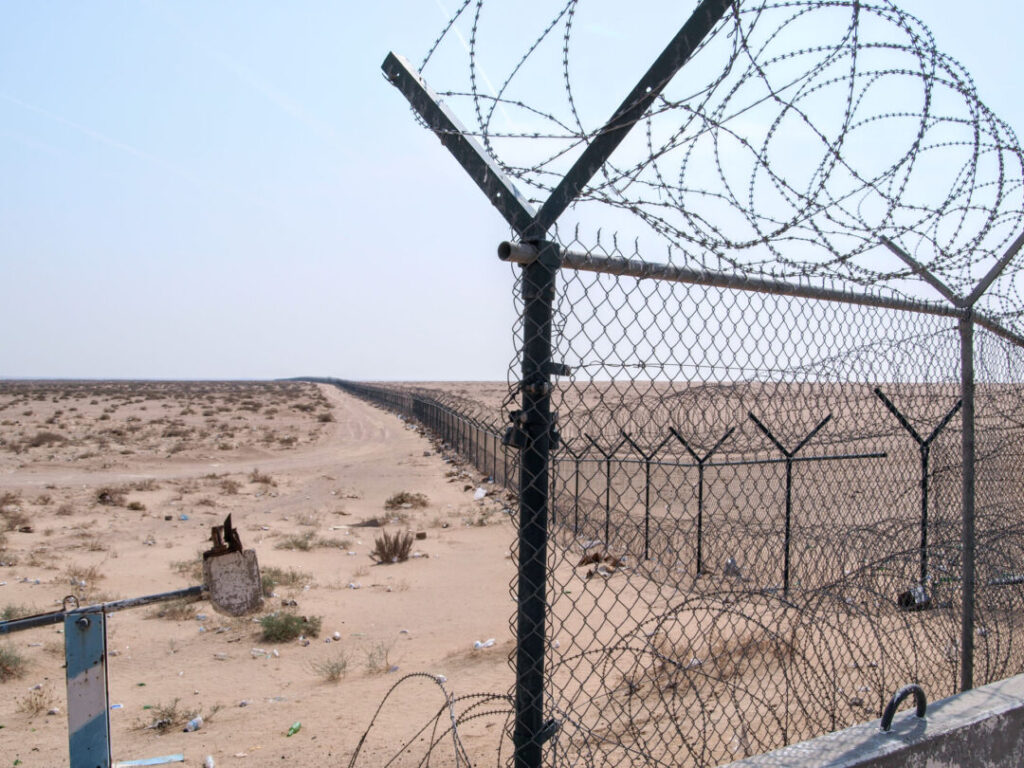The Role of Transnational Crimes in Border Security: Investigate how transnational crimes impact border security and what can be done to combat them

The threat to national security and economic stability in India has been very acute due to transnational crimes, especially with the vast and diverse borders. With almost open borders on its borders with Bangladesh and Nepal, frontier crimes, such as drug and weapon smuggling and people trafficking, are somewhat easier to execute. The impact of such criminal activities extends further than border integrity; it has wider implications for society and governance.

Transnational organized crime [TOC] is a growing concern to national and international security, having very important implications for democratic institutions, public health, safety, and economic stability everywhere in the world. This has made once-distinct threats now pose a destabilizing and explosive threat through the expansion and diversification of criminal networks.
Primary issues are cross-border smuggling of weapons, drugs, and counterfeit goods. Open borders facilitate the easy flow of contraband, in particular those with Bangladesh and Nepal. Apart from causing damage to the economy, such illegal trade has been fostering terrorism and other crimes.
Another critical issue is human trafficking, where in it represents origin, destination, and transit countries. People are trafficked across borders for forced labour and sexual exploitation—many of whom are women and children. Apart from the violation of human rights, this ghastly crime puts public safety in jeopardy.
The huge risk upon the national security of India by the transnational criminal networks is due to the financing of terrorism. These networks have, in most cases, allied with terrorist groups to further their illegal activities and have provided financial and logistic support to them. Issues of border control organizations cannot be separated from security in the face of this two-way relationship between terrorism and crime.
The issue is further clouded by corruption amongst the border control forces. It has often been reported that security officers have overlooked smuggling and trafficking activities in return for helping out international crime syndicates. The result has been that the security arrangements become less reliable, and multinational crimes are difficult to curb.
Some ways to counter these challenges are:
- Border Management: The equipping and training of the border security forces need to be improved in India. Better infrastructure at borders and advanced monitoring systems can share information, building up detectability and prevention.
- International cooperation: There is a dire need to build bridges with neighbouring countries and other nations. India is already helping Western nations in international investigations and extradition of criminals. India and Belgium have signed an agreement on mutual legal assistance in criminal matters.
- Building Capacity: There is a need to recruit more policemen and intelligence experts. At present, India has the lowest police-personnel-to-citizen ratio among all major economies. The law enforcement agencies must be provided with advanced training in tackling transnational crime.
- Financial surveillance: Inherent measures for identifying and preventing money laundering have to be put in place and vigorously pursued. Where the government has, of late, begun to institute financially sound surveillance and Compliance regimes, much is yet to be achieved to address the country’s high risk from money laundering and terrorist financing risks.
Such measures will improve the border security of India and thus control transnational crimes more effectively. But this is a very complex problem to be resolved with one magic formula or by any other single-action plan process. The solution lies in adopting a multi-faceted, long-term, continuous approach with the involvement of stakeholders at multiple levels, both national and international. Only through these consistent, collective efforts can measures be realized for securing the borders of this country from the evil menace of transnational crime activities.


Leave a Reply